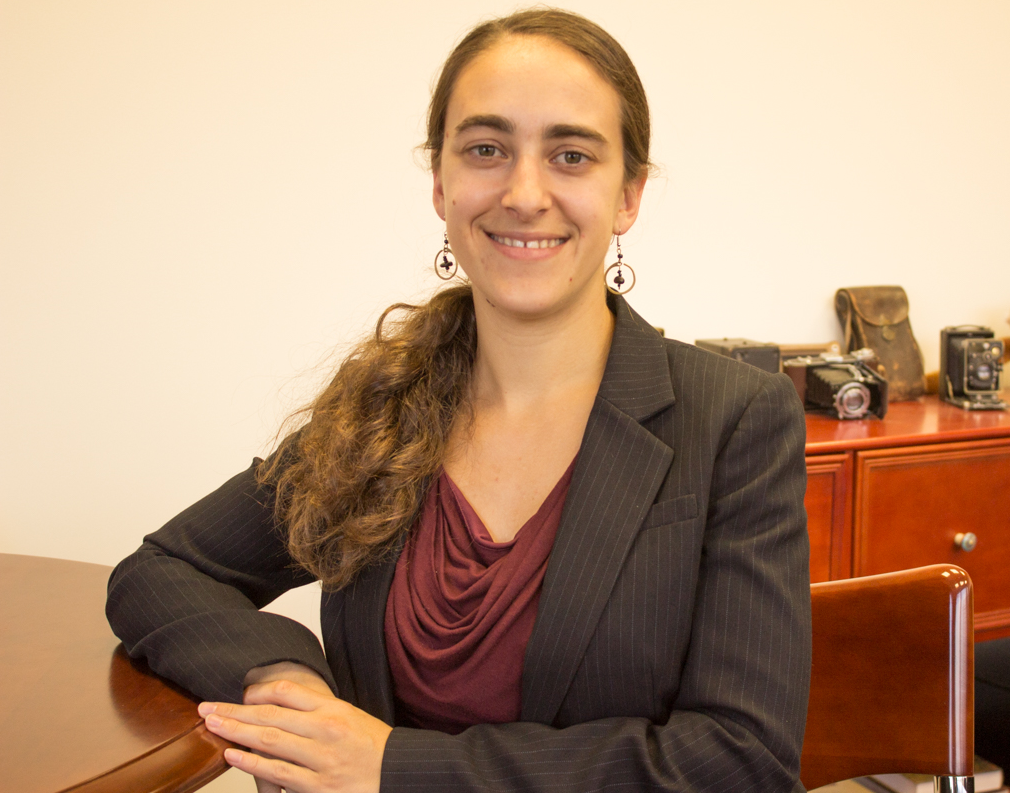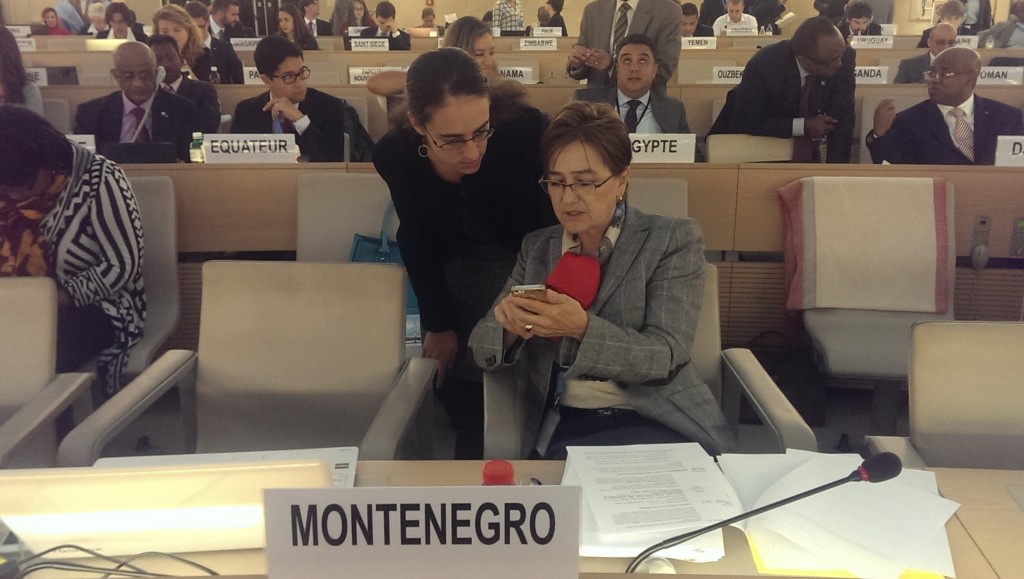Five-Year Update: Beka Feathers, F10
I started the week with a post from a student, so why not end the week with a graduate from the Class of 2010. Let’s hear from Beka Feathers, whose post-Fletcher path include a law degree, as well as a new career.
Before Fletcher
 Unlike many Fletcher students, I had no prior international work experience before starting at Fletcher. After graduating from Lewis & Clark College in 2006 with a degree in international affairs, I took a position as a policy adviser for the Oregon State Legislature while applying for the U.S. Foreign Service. I discovered a deep affinity for the work done by state and local government officials to support the everyday lives of Oregonians and to help them achieve their political and economic aspirations. I maintained my interest in international affairs, and I saw more and more parallels between my work in Oregon state government and the needs of developing and post-conflict countries, where weak or missing governing institutions contribute to political instability, corruption, poor economic growth, and low standards of living.
Unlike many Fletcher students, I had no prior international work experience before starting at Fletcher. After graduating from Lewis & Clark College in 2006 with a degree in international affairs, I took a position as a policy adviser for the Oregon State Legislature while applying for the U.S. Foreign Service. I discovered a deep affinity for the work done by state and local government officials to support the everyday lives of Oregonians and to help them achieve their political and economic aspirations. I maintained my interest in international affairs, and I saw more and more parallels between my work in Oregon state government and the needs of developing and post-conflict countries, where weak or missing governing institutions contribute to political instability, corruption, poor economic growth, and low standards of living.
Fletcher was my first choice throughout my grad school search. I was drawn by the high caliber of the students as well as the faculty, and the collaborative atmosphere I observed on a visit. Additionally, I wanted a practitioner-focused school that would help me meld my domestic government experience with my international career aspirations.
During Fletcher
Many students find that the focus of their studies shifts over the course of their time at Fletcher. I stayed in the same field, but could not have anticipated how much Fletcher would change the trajectory of my professional interests. I was lucky to end up in two important classes my very first semester: The Rule of Law in Post-Conflict Societies with Professor Louis Aucoin, and Design and Monitoring of Peacebuilding and Development Programming with Professor Cheyanne Scharbatke-Church. These two classes (and many others) helped me find my true passions: working with post-conflict states to develop representative and transparent systems of government, and developing monitoring and evaluation tools to ensure that international governance interventions are having the effect that we hope they will have.
Professor Aucoin was especially influential to my course trajectory, particularly my decision to attend law school after Fletcher. I was also fortunate to study with Professor Shultz, who taught me to seek the intersection points between “hard” and “human” security issues. I can’t condense into a blog post how much I learned from my fellow students, who met and exceeded every one of my pre-Fletcher expectations (including introducing me to bhangra!). Also critical was my summer work with the National Democratic Institute, where I helped to develop a set of benchmarking standards for evaluating democratic legislatures.
Following Fletcher
 After graduating, I moved down to DC for three years of law school. Through a Fletcher friend, I was connected to the Public International Law & Policy Group (PILPG), where I started working in my second year of law school. I am still with PILPG today, where I have worked with clients in Burma, Georgia, Kosovo, South Sudan, Syria, and Yemen, among others. I currently manage a program focused on transitional justice in Syria, but I have worked with constitution drafting committees, members of parliament, high-level peace negotiation delegations, civil society coalitions, the UN Human Rights Council, and rebel movements. I use my Fletcher degree in my job on a daily basis.
After graduating, I moved down to DC for three years of law school. Through a Fletcher friend, I was connected to the Public International Law & Policy Group (PILPG), where I started working in my second year of law school. I am still with PILPG today, where I have worked with clients in Burma, Georgia, Kosovo, South Sudan, Syria, and Yemen, among others. I currently manage a program focused on transitional justice in Syria, but I have worked with constitution drafting committees, members of parliament, high-level peace negotiation delegations, civil society coalitions, the UN Human Rights Council, and rebel movements. I use my Fletcher degree in my job on a daily basis.
The education I received at Fletcher allowed me to jump into my work at PILPG at a level of expertise and confidence that put me years ahead of my peers. The friends I made at Fletcher, and the broader Fletcher community, remain a constant resource for me as well — they are my go-to experts on anything from the rules of procedure for truth commissions to best practices for post-conflict land reform to where to eat on a last-minute trip to Amman. Beyond all that, the Fletcher ethos is a core part of my identity as a member of the international development community and continues to shape how I perceive the world and my role in it.